Mason Venne is one of the more controversial figures in Dota 2 due to his toxic outbursts in ranked matches, and now he has been accused of taking illegal measures to try and keep his competitive behavior score up
On Nov. 6, Mason shared a message on X (formerly known as Twitter) asking where he could purchase a behavior score boost. Shortly after the post, Mason’s Dota 2 account started playing Turbo, a beloved mode for many and also the perfect place to increase behavior scores with shorter match durations.
Dota 2 fans were immediately suspicious; while Mason could easily be playing these Turbo matches, many believe the fact his account queues for Turbo games with a five-stack decreases the possibility of that reality. Party queuing into Turbo games is often seen as a suspicious act, especially for accounts with low behavior scores.
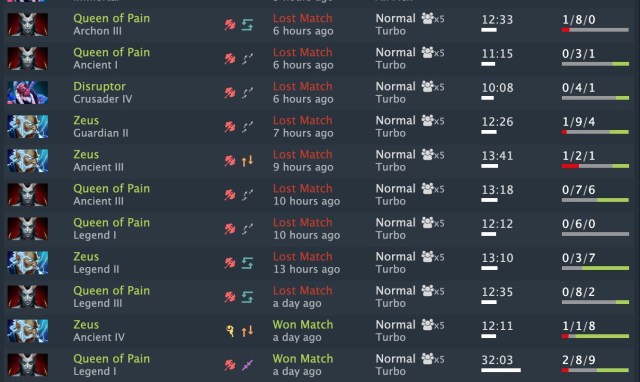
In recent months, Valve banned 90,000 Dota 2 accounts and threatened more punishments in the fight against smurfs, alongside boosters. Behavior score boosting technically falls into the same category as MMR boosting, and some Dota fans are already calling for a permanent ban for Mason.
On the other hand, Mason also received support from fans who were also dealing with low behavior scores. According to those fans, increasing one’s behavior score has become significantly harder than losing it, turning it into a one-way street—and in their eyes, Mason shouldn’t be punished for trying to get back to playing again.
Players often lose significant amounts of their Dota 2 behavior scores after getting reported for various reasons that aren’t limited to toxicity. When the behavior score drops below a certain threshold, the player loses their ability to use communication tools like text, voice, chat, and even pinging. The impacts of losing such features are more noticeable in higher-rank matches where more players are willing to communicate with each other.


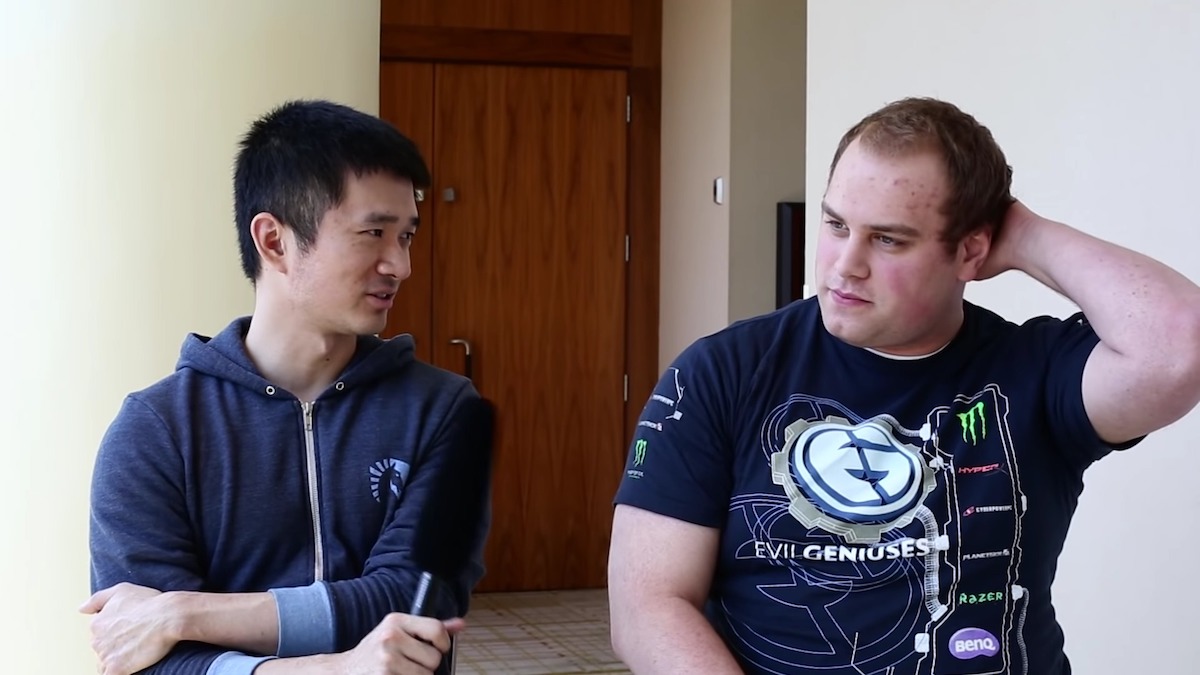

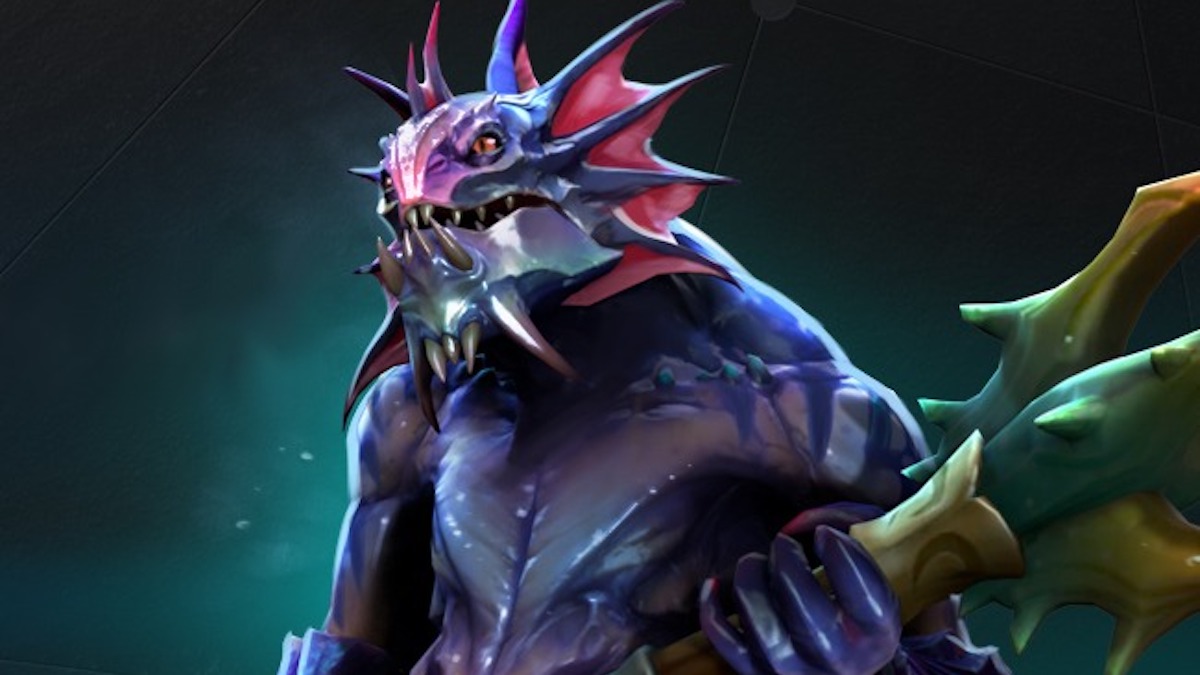
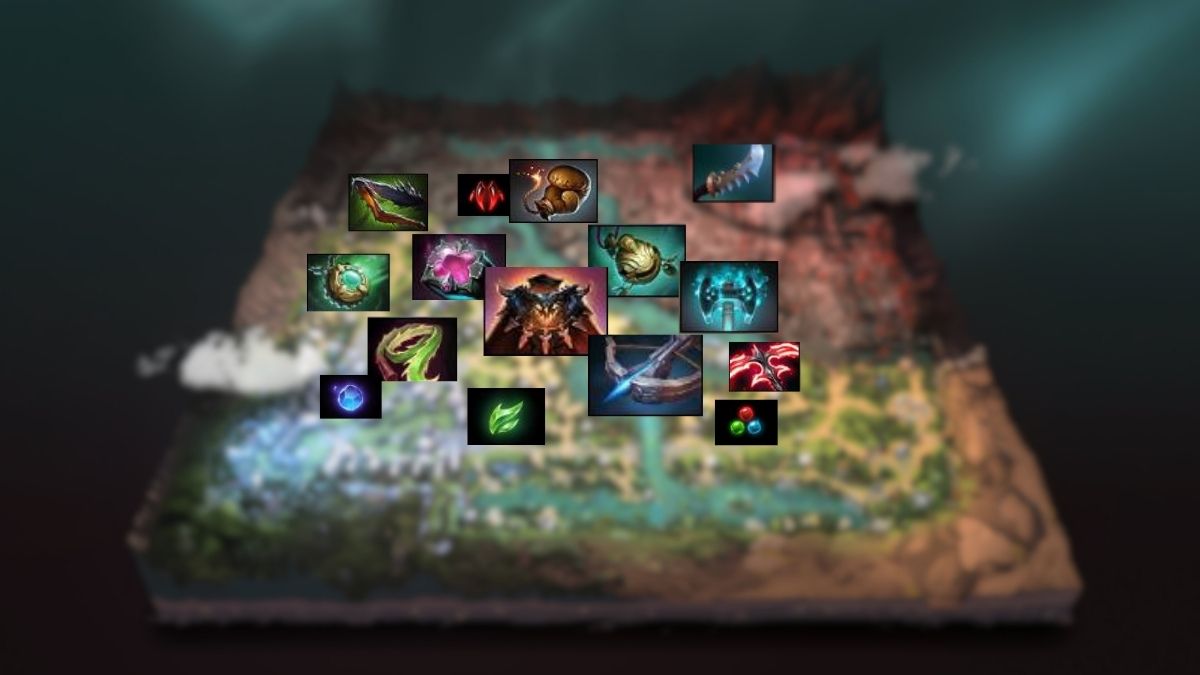
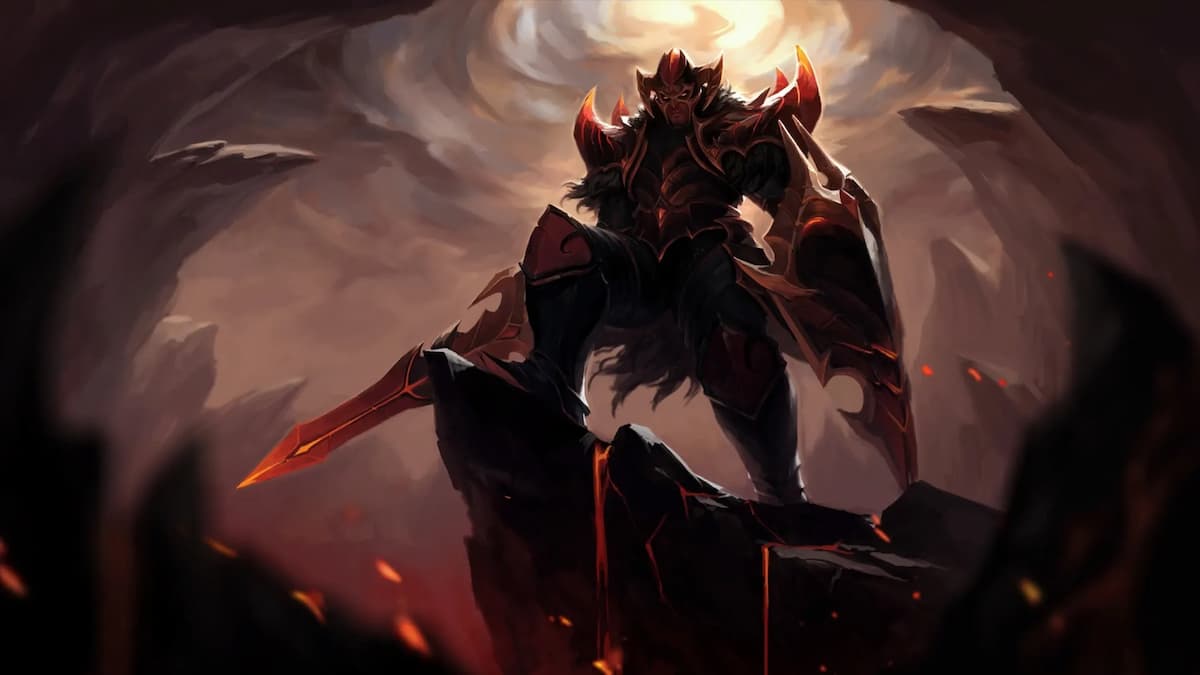
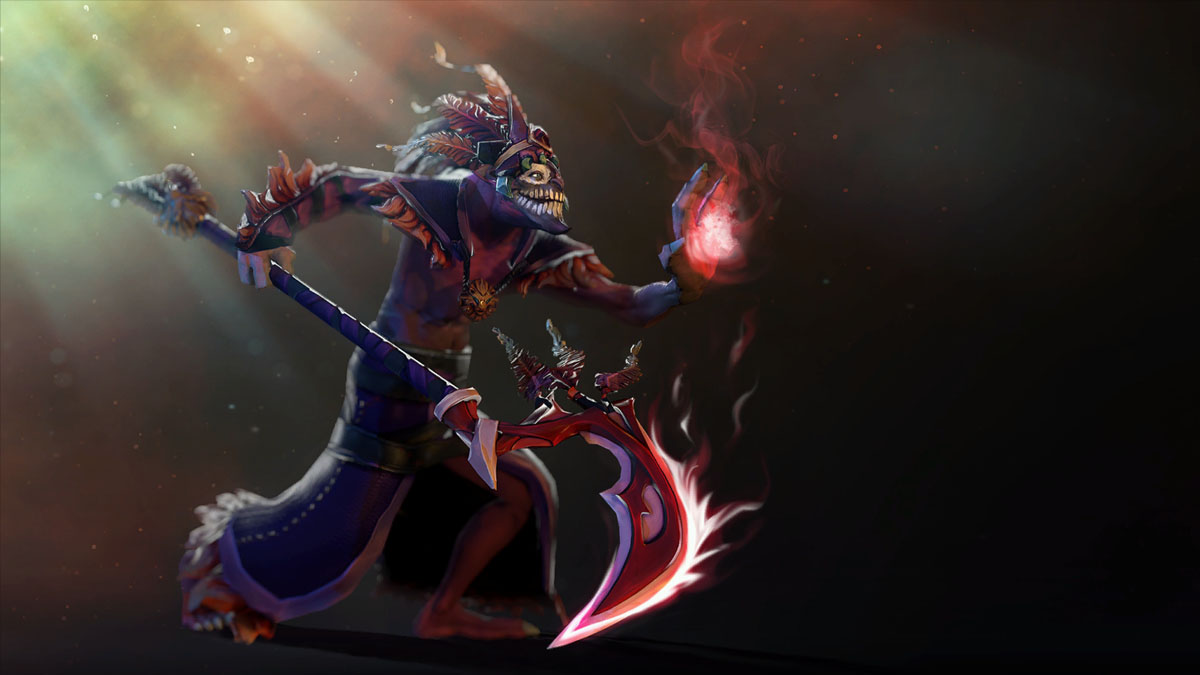

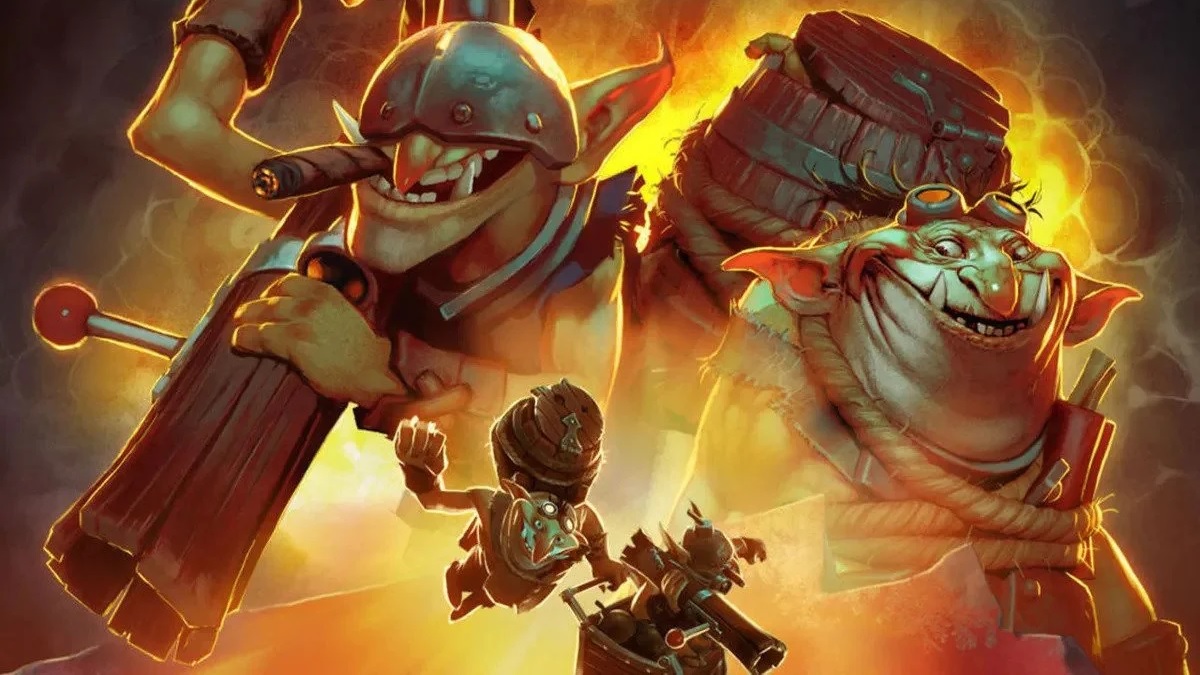
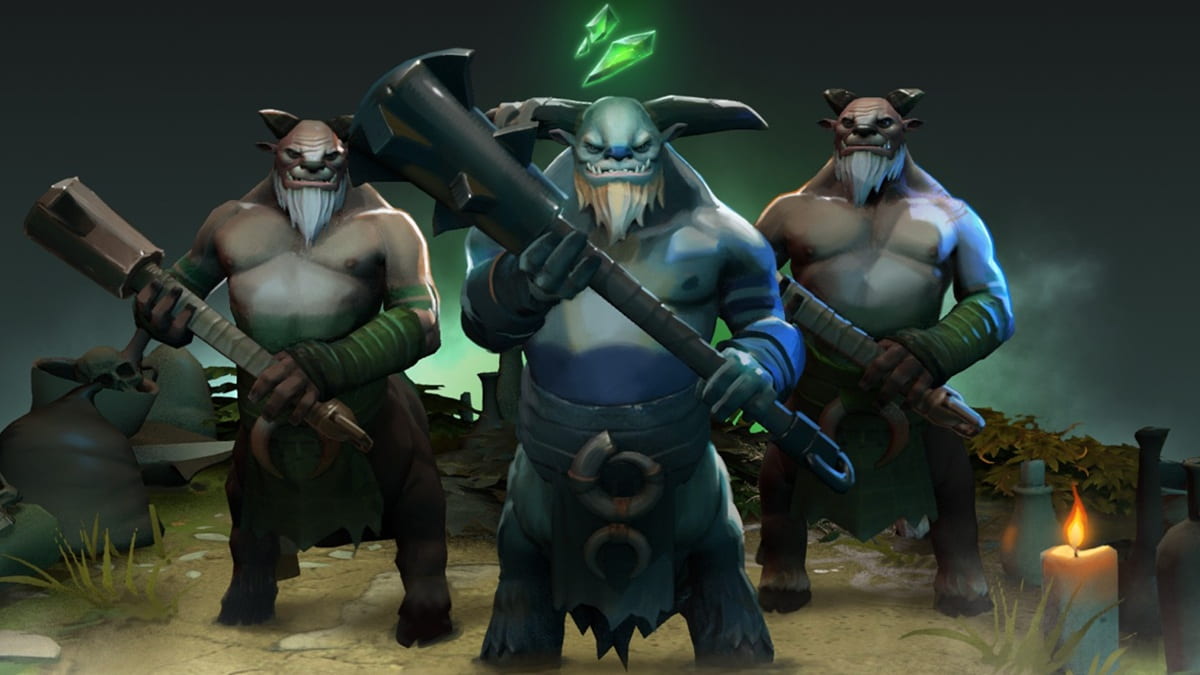


Published: Nov 15, 2023 08:43 pm